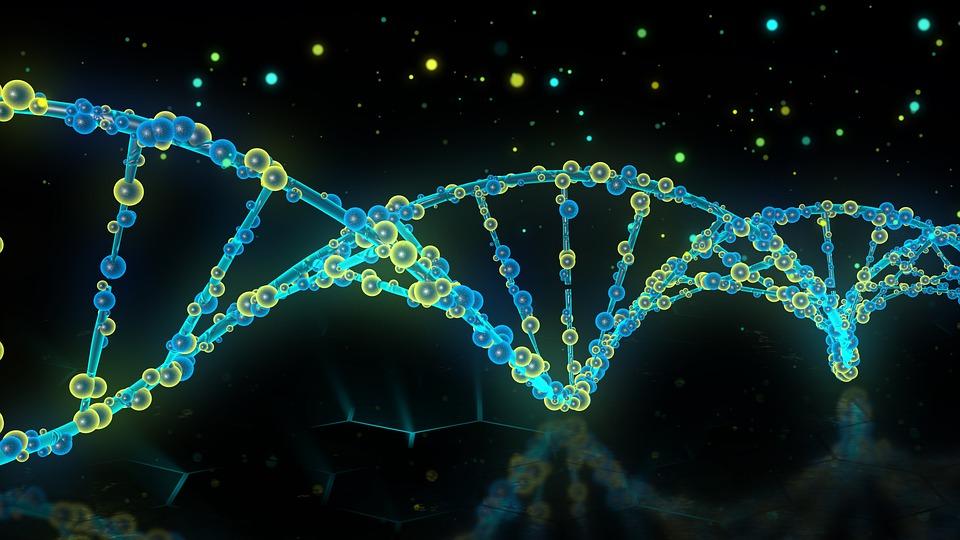
Cracking the Code: DNA Detectives Unravel Life's Family Tree
by Michael Angelo De La Cruz
In this engaging lesson, students will delve into the fascinating world of phylogenetics, using the DNA sequences and genetic information of their selected organisms to construct an automated phylogenetic tree. Through this hands-on activity, they will discover that evolutionary relationships are not solely determined by physical characteristics but are deeply rooted in the intricate patterns of genetic code. By analyzing the DNA sequences, students will unravel the hidden stories encoded within the genomes, revealing the intricate web of shared ancestry and divergence among different species. They will gain a profound understanding of how even the slightest variations in genetic information can shape the evolutionary trajectories of organisms, leading to the vast diversity we observe in the natural world.
Lesson Plan Link/URL
https://docs.google.com/presentation/d/1TX3kwz0wQtLjbn62wAhDUsiDSqo15MVM/edit?u…Subject Area
Science Life Science L4: Evolution Technology 1. Empowered Learner 2. Digital Citizen English Language Arts (ELA) Speaking & Listening
Featured
Off
Related Content

Featured
Makey Makey Storyboards
Grades:
Kindergarten, 1st Grade, 2nd Grade, 3rd Grade, 4th Grade, 5th Grade, 6th Grade, 7th Grade, 8th Grade, 9th Grade, 10th Grade, 11th Grade, 12th Grade
This lesson takes students through the process of creating an interactive storyboard using a Makey Makey circuit board. This lesson can be adjusted for any grade level with examples given in the 4th

Grades:
3rd Grade, 4th Grade
In this lesson, 3rd and 4th-grade students will explore the life cycles of various animals using technology to enhance their understanding. Students will research the stages of an animal's life cycle

Grades:
Kindergarten, 1st Grade, 2nd Grade
In this lesson, K-2 students will plant seeds and use technology to track the growth of their plants. Through hands-on activities and observation, students will learn about the basic needs of plants